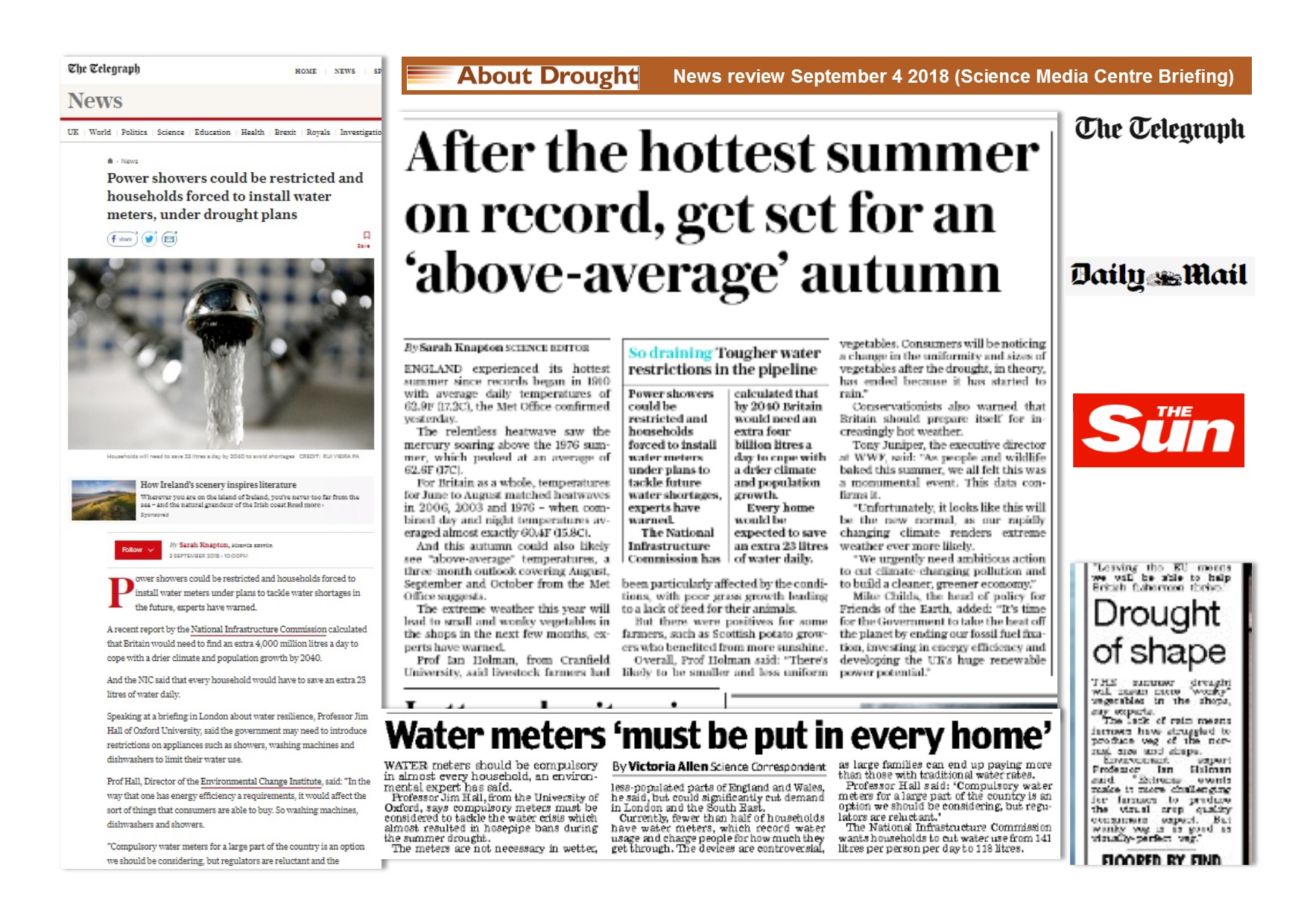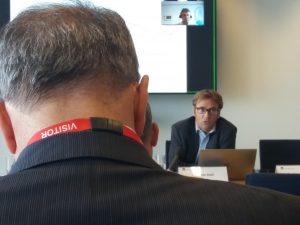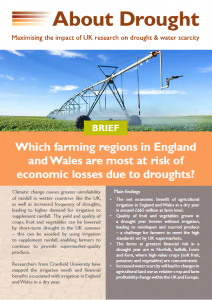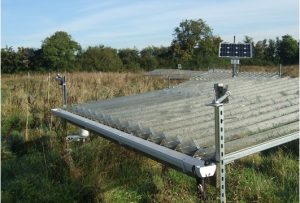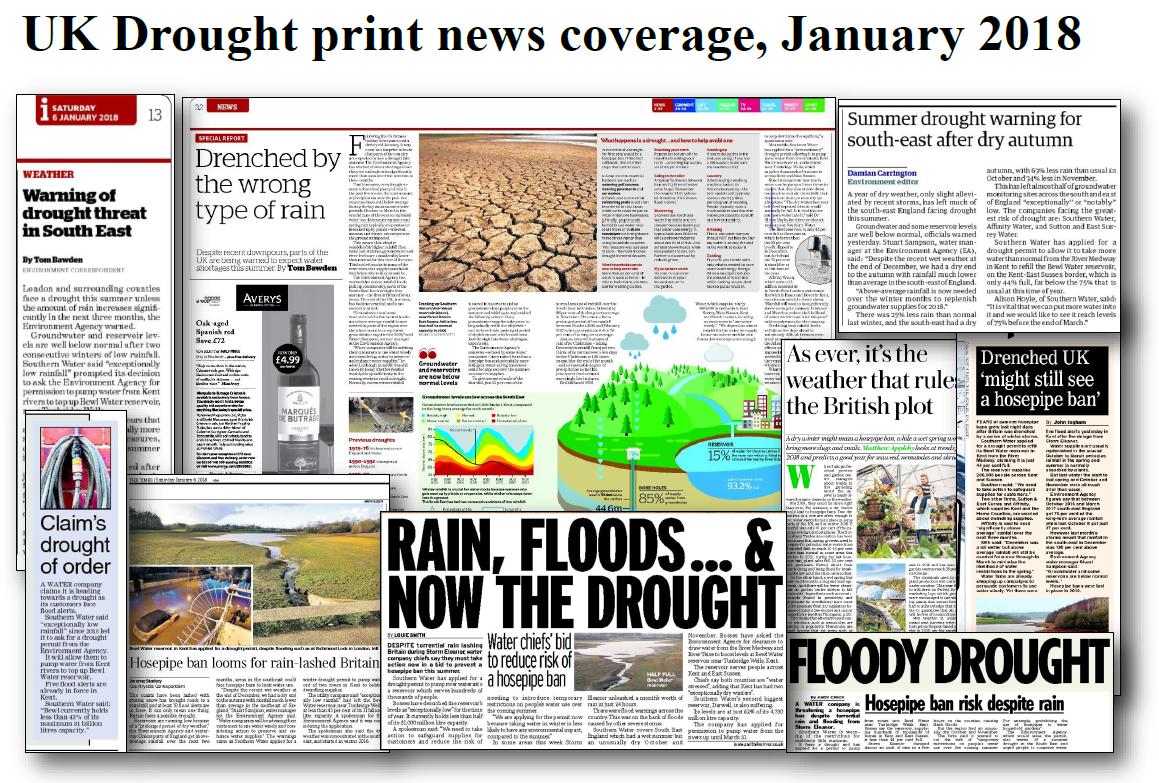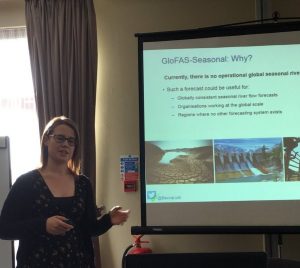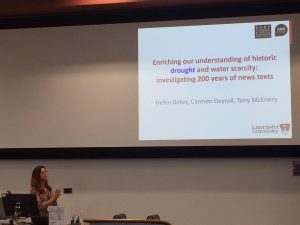Wed 16 May 2018, 10:30 – 16:00
Location: UWE Bristol
Event organiser: ESRC Seminar Series CASCADE-NET
Event type: Seminar
Booking: Register online
The Centre for Water, Communities and Resilience and the Science Communication Unit at UWE together with Climate Outreach are pleased to announce a one day workshop exploring the interface between science communication, the arts and community resilience in the context of climate change and extreme weather.
For further information about the aims of CASCADE-NET see: http://www.cascade-net.com/aims/
Alison Tickell, CEO of Julie’s Bicycle will open the workshop with a Key Note relating her experiences working with creative industries on sustainability, and the opportunities for utilising their influential voices to reach new audiences on climate change.
She will be joined by speakers from academia and practice, including Sam Illingworth (Manchester Metropolitan University), Stuart Capstick (Cardiff University), Luci Gorell Barnes (Artist) Lyndsey Bakewell (Loughborough University), Corra Boushel (UWE) and Adam Corner (Climate Outreach).
The day will include a mix of provocative presentations followed by facilitated discussion exploring questions including:
1. What are the challenges and constraints of communicating about climate change and extreme weather (e.g. challenges of communicating complexity)
2. How might creative arts approaches be employed to open discussions about climate change and extreme weather? (use of case study examples to open discussion) (also how can these approaches help to overcome the challenges of communicating complex risks, like extreme weather)
3. How could arts, science and community work together to build resilience?
Spaces are limited and early booking is advised. Please sign up by Tuesday 8th May 2018.

